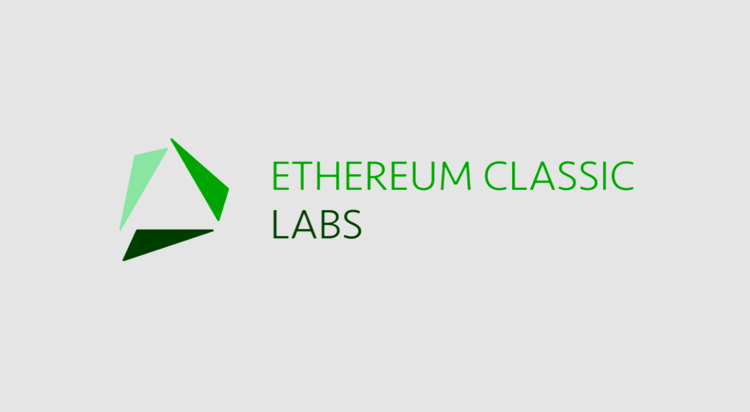ETC Labs, the organization dedicated to advance the development, utilization, and adoption of the Ethereum Classic community, core technology, and ecosystem continues to build upon the vision for compatibility between the ETC and ETH networks with the next ETC hard fork, Agharta.
Today, ETC core developers and participating ecosystem stakeholders have arrived at a consensus on the scope and timing of the Agharta hard fork proposal, which will include features of the ETH Constantinople fork and will make Ethereum Classic fully compatible with Ethereum.
The Agharta update creates long-awaited backward compatibility between the two networks, opening important opportunities for project collaboration.
Upon successful reconciliation of test networks taking place in recent weeks, the announcement of the hard fork mainnet activation for Agharta will occur in mid-January 2020.
ETC and ETH grow from the same root and restoring technical compatibility will improve development processes and allow for differences while reducing disruption.
“Ethereum Classic Labs is one of the first incubators to support innovative projects on the Ethereum Classic Blockchain. The compatibility between the ETC network and the ETH network will accelerate development of the Ethereum Classic community and ecosystem.”
– Terry Culver, ETC Labs CEO
Following Atlantis
Agharta follows the September 2019 Atlantis hard fork in Ethereum Classic. Atlantis made ETC stronger and fulfilled two priorities; blockchain software that protects network security, and consideration of the opinions and concerns of the community. It was the first of several upgrades to create compatibility between ETC and ETH, reducing the development costs for building dapps on both systems.
The Atlantis hard fork adopted the ETH Byzantium and Spurious Dragon protocol upgrades, improving network stability, security and performance and including support for opcodes, zk-SNARK (zero-disclosure evidence), and pre-compiled contracts.
The Atlantis and Agharta updates follow months of thoughtful decision making and collaborative work with developers and teams throughout the community. Network compatibility will allow more customization, collaboration, and porting of features and will create a more symbiotic relationship in the development philosophy of the networks.
“This update is a signal that we want to be compatible with Ethereum. We believe in the success of public blockchains, because they are built on the strength of the community.”
– James Wo, Founder, of Ethereum Classic Labs






















